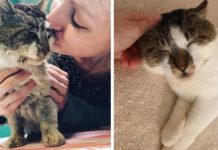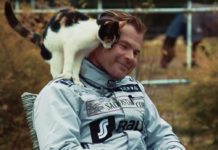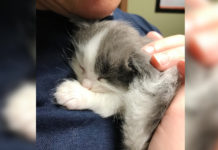If you’re a cat owner the chances are that you already know the answer to this one: do cats fart? The short answer is that yes cats can and often do fart. Dogs are well known for their bouts of unpleasant flatulence, especially as they get older, but somehow it doesn’t seem as prevalent in our feline friends. It may seem that way simply because cats are a lot smaller, and therefore expel less gas meaning we’re less likely to notice it.
Fundamentally farting is simply the expulsion of gastro-intestinal gases through the cat’s anus. The unpleasant odor is caused by bacterial microbes in the gut breaking down the foodstuffs your cat has eaten recently.
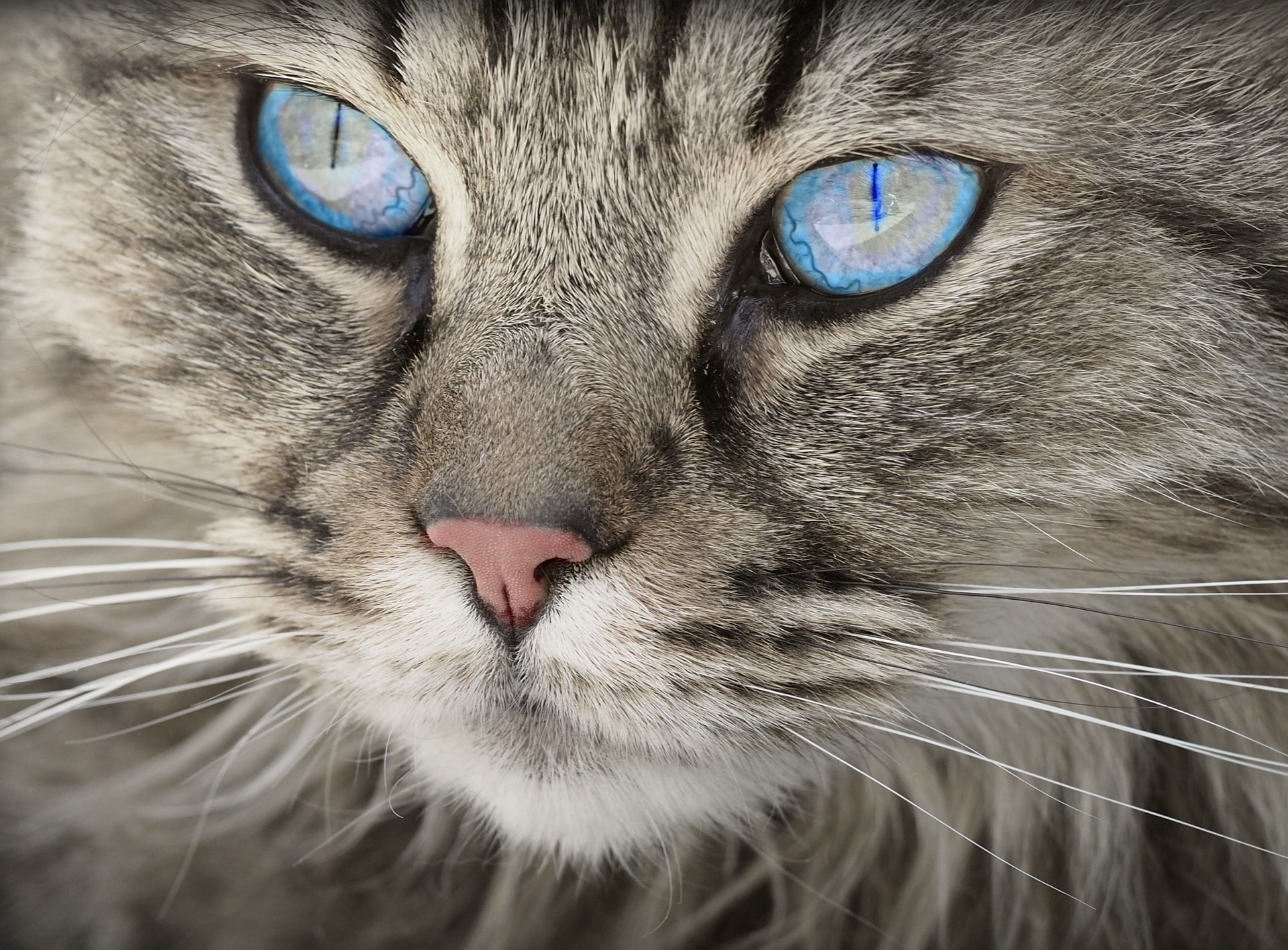 We tend to think of farting in our pets as something unusual or that it might indicate poor health. In actual fact it’s most often a simple side effect of good digestion and nothing to worry about. However, there may be a medical explanation if your cat is experiencing an elevated level of flatulence or is in obvious discomfort.
We tend to think of farting in our pets as something unusual or that it might indicate poor health. In actual fact it’s most often a simple side effect of good digestion and nothing to worry about. However, there may be a medical explanation if your cat is experiencing an elevated level of flatulence or is in obvious discomfort.
We’re going to examine the various causes of feline flatulence and ways you can diagnose a problem. We’ll also present some advice on how to prevent it from occurring.
Do Cats Fart: Causes
Diet
It may seem obvious, but the main culprit when your cat suffers from flatulence is usually diet. Like humans, when cats eat foods that they find hard to digest it can often cause excess gas that exits the body as farting.
Cheaper varieties of cat food contain a large percentage of filler in the form of grains that your cat can find difficult or impossible to digest. Cats are obligate carnivores which means they absolutely rely on meat for their survival. When the diet contains a significant percentage of non-meat products it can cause the intestinal gas that produces flatulence.
If your cat suffers from regular bouts of gas the first thing you should consider is changing the cat food you buy. Cat foods that contain a high percentage of protein in the form of whole meat are best. When my cat Andrew suffered from an upset stomach I tried him on a few different foods but found that Royal Canin branded food worked very well, especially Royal Canin Feline Health Nutrition Digest Sensitive.
A Change In Diet
The flip side of the coin here is that when you make sudden changes to your cat’s diet it may result in increased intestinal gas and farting. Cats can suffer from food intolerance which means they can’t readily digest the food they’ve eaten. You should make any changes to a cat’s diet gradually over a sustained period until you’re sure they’ve adjusted fully.
When transitioning from one kind of food to another you should mix 80% new with 20% old on the first day, 70%/30% the second day, 60%/40% the third until you have your cat fully introduced to the new food. If you spot any unusual side effects during this period they shouldn’t be too severe.
Feeding cats new or unfamiliar varieties of food may also result in the introduction of previously unknown food allergies.
Gulping Food
If your cat has a tendency to practically inhale its food this could also contribute towards flatulence. If he’s swallowing lots of air as he gulps down his food that air is going to go somewhere, usually through the intestinal tract and out the other end. Reduce the amount of air your cat ingests by hand feeding small quantities of food. It’s also a good idea to make sure they’re not ravenously hungry come feeding time.
Feeding Inappropriate Foods
Cats are obligate carnivores and as such absolutely require meat to survive. There is no way for a cat to survive on a vegetarian or vegan diet. Simply put, if you’re not feeding your cat meat you’re starving him.
But we know that from time to time we give in to that plaintiff miaow and feed the odd tidbit from our plate. This is usually perfectly safe. Just make sure you’re not inadvertently feeding your cat something that’s toxic to our furry friends. However, any amount of inappropriate human food can cause flatulence and runny stools. If you observe this after feeding your cat human food you should stop immediately to see if it improves.
Dairy (cheese, milk, yogurt)
One of the most obvious sources of farting and gastro-intestinal distress in cats is the feeding of dairy produce. Once they reach adulthood most cats are lactose-intolerant and have no way to effectively process cow’s milk. As much as they might love to lap at a saucer of milk or cream it will generally result in an unpleasant smelling surprise a few hours later.
If your cat likes milk or cheese and you want to give them a treat, there are specially formulated products that you can feed your catwithout fear of causing an upset stomach or wind.
KMR® Powder for Kittens & Cats, is an excellent, tasty and nutritious choice.
Malabsorption
Of all the reasons for flatulence and wind in your cat this is the most serious. Malabsorption is when your cat can’t digest food properly resulting in frequent flatulence and diarrhoea. This is generally because of an underlying illness such as exocrine pancreatic deficiency or inflammatory bowel disease.
Exocrine pancreatic insufficiency (EPI) is a disease that occurs when the pancreas produces insufficient quantities of digestive enzymes.. The pancreas produces insulin which is vital for regulating blood sugar levels and digestive enzymes which allow your cat to digest food and extract nutrients.
If your cat is prone to frequent bouts of flatulence you should seek immediate veterinary care to diagnose the problem.
Cat Flatulence: Diagnosis
No matter how much you read online about the possible sources of your cat’s wind problem, the only true way to be sure that everything is normal is to take it to the vet. It might just come down to one of the dietary factors mentioned above. However, there can be a whole range of health issues that lead to excess farting and diarrhoea.
One of the best ways you can ensure a speedy diagnosis from your vet is by creating a food diary for your cat. Simply note the brand and type of food given, the time you give it and the quantity consumed in the period leading up to your vet visit. This will give your vet the information needed to decide whether diet is playing a part.
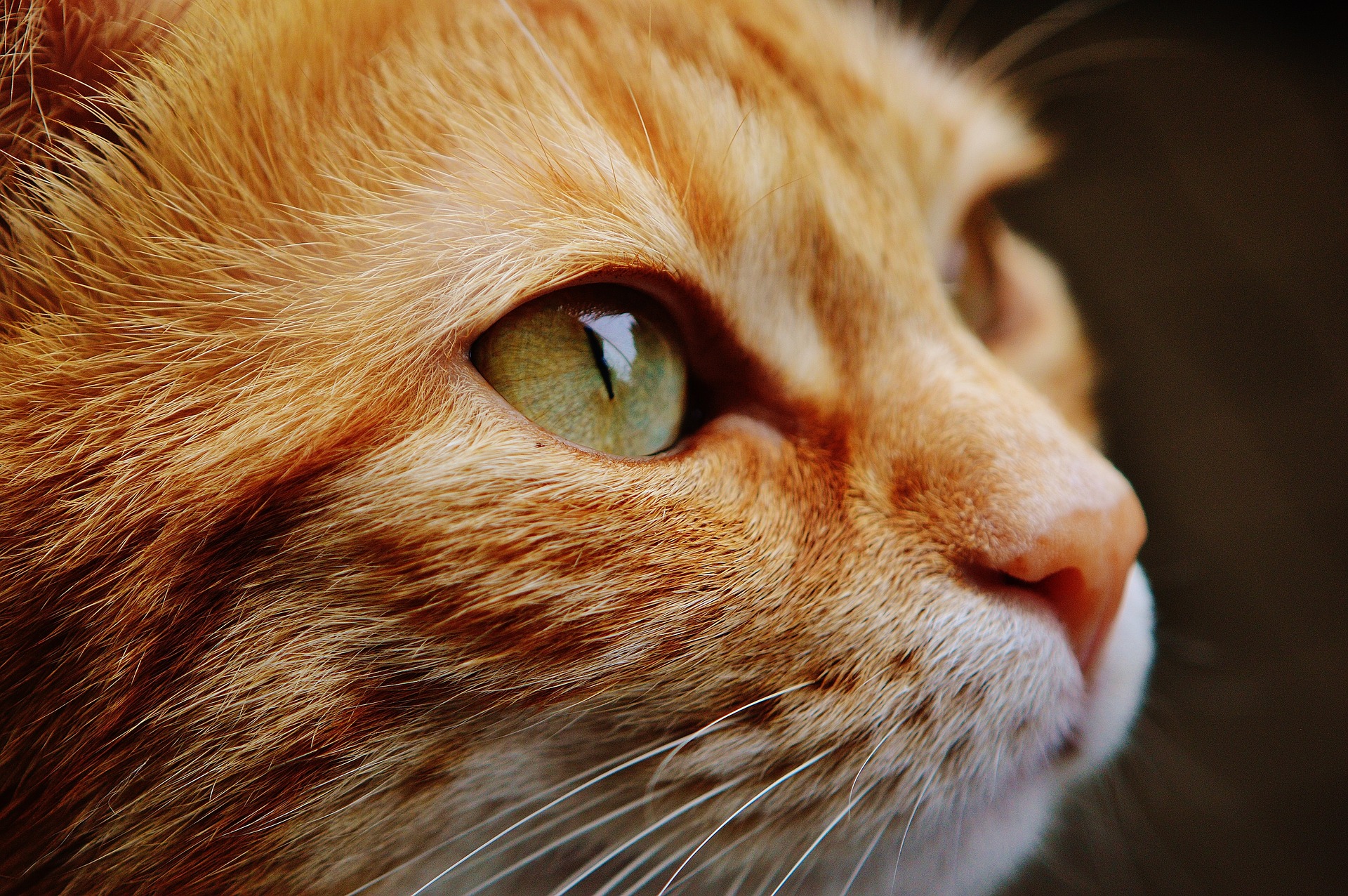 Even if you don’t compile a diary, please make sure you can answer some detailed questions about your cat’s diet both before and after the flatulence started. My Little and Large Why Dogs Are Better Than Cats answers one of the most asked questions on the internet, read to learn more.
Even if you don’t compile a diary, please make sure you can answer some detailed questions about your cat’s diet both before and after the flatulence started. My Little and Large Why Dogs Are Better Than Cats answers one of the most asked questions on the internet, read to learn more.
If the evidence doesn’t support a dietary cause, your vet may utilize any of the following methods to gain a deeper understanding of the problem:
- Blood tests
- Worm tests (checking the faces for worms)
- Biopsy examining the intestinal tract for signs of inflammatory bowel disease
- Fecal proteolytic activity, wherein your vet examines the feces for fecal fat and/ or trypsin. This can provide information about the effectiveness of the gut.
How To Treat Cat Flatulence
In cases of food-related flatulence diet is the obvious place to start. There are lots of specially formulated cat foods on the market, many of which are specifically designed for cats with sensitive stomachs.
The Royal Canin food I talked about previously is a good choice and can be supplemented with Hills Science Diet Sensitive Stomach which will add texture and nutrition without too many additives that can cause stomach upset.
You might be in the habit of feeding your puss from the dinner plate. As hard as it might be with a set of expectant eyes observing your every move you should stop that. You should also stop feeding your cat any dairy produce. In so many cases of feline flatulence these steps will rectify the problem within a couple of days.
If these steps aren’t successful, you should try to isolate different aspects of your cat’s diet. This will allow you to see if you can identify a potential food allergy. If he likes one type of food to the exclusion of other brands, see if you can introduce some variety. You should also avoid all cat treats as these are often nutritionally suspect and can lead to kidney problems.
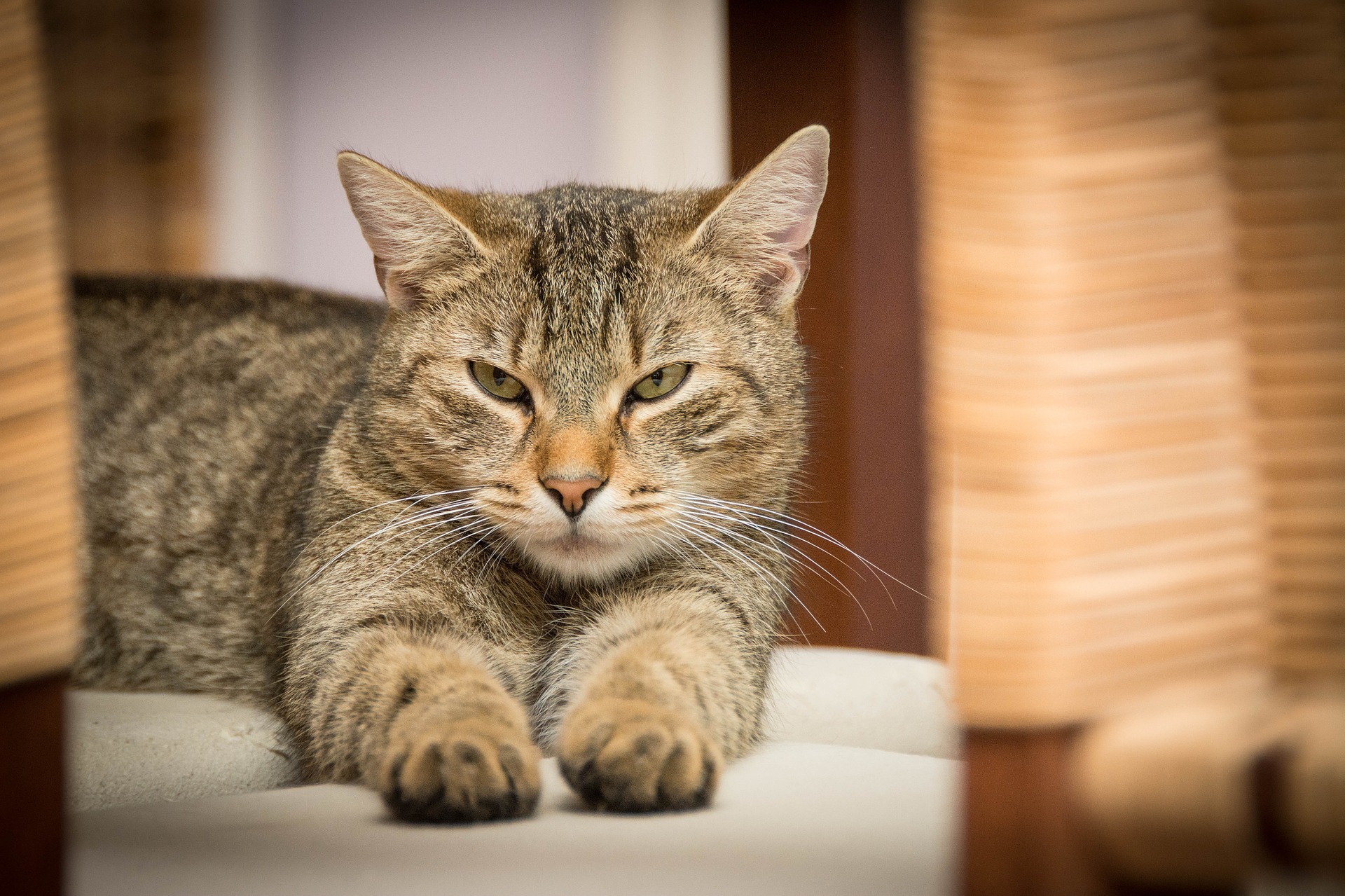 You should ensure that your cat always has access to water, especially if you tend towards a dry food diet. This makes the food easier to digest and reduces the potential for gas.
You should ensure that your cat always has access to water, especially if you tend towards a dry food diet. This makes the food easier to digest and reduces the potential for gas.
If all else fails, you need to see a vet who will be able to provide a special diet plan. This should provide all the nutrition your cat needs while promoting digestive health. We tend to want to solve these problems ourselves without bothering the vet or incurring an expense. But in cases of prolonged gastric discomfort you should always seek the advice of a veterinary professional.

